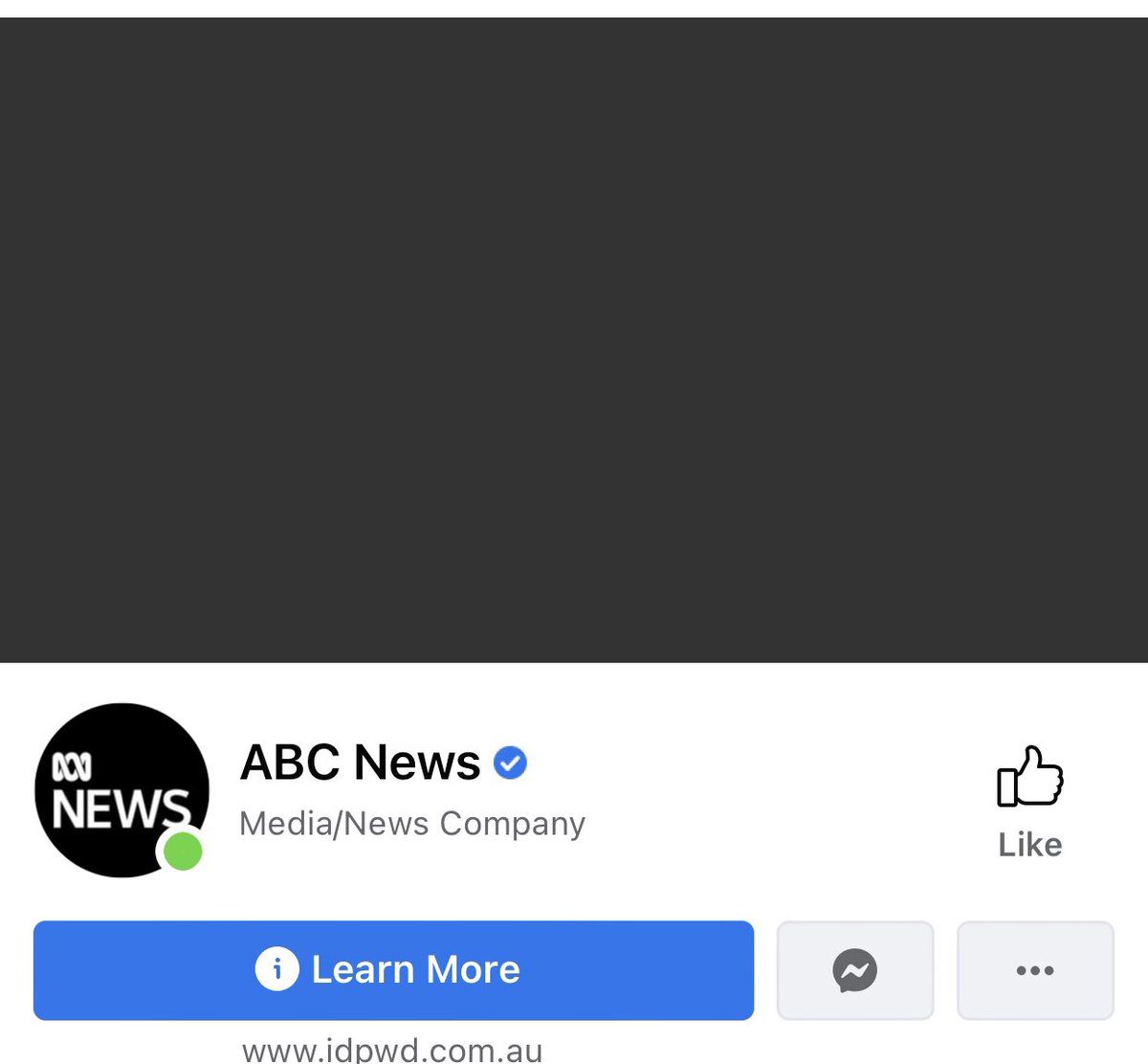
Here is where the rubber hits the road for @facebook and it’s civic intentions. (Forget the Oversight Board for one minute). It won’t comply with a democratic government law which it doesn’t agree with which costs it money - and removes all accredited publishers including PSBs 

This hurts publishers - sure. But it also hurts Australian Facebook users in terms of their quick access to news information . There is NO ‘connecting people for a better world’ in this behaviour or hesitancy over possible harms. Just a ‘fuck you and your legislation’ . Okay.
Companies can withdraw from the market if they don’t like rules. FB says the law is making them pay in a way they don’t think is fair for their extractive digital practices. But Facebook finds itself powerless to resist say, the Vietnamese govt. amnesty.org/en/latest/news…
Facebook, whatever the rights or wrongs of this case, dribbles cash on breathless ngos and newsrooms to ‘fight misinformation’ or ‘fact check’ , but when profits are at stake - in democratic AND undemocratic governments - it will throw ALL journalism under the bus. No hesitation
Facebook does damage to the free press and public sphere in undemocratic countries - regretfully - because it is the law they have to follow. Facebook now does active damage to the operation of the public sphere in DEMOCRATIC countries ...because of the laws it won’t follow.
If anybody want to continue to swoon over Facebook’s quasi ‘look, we are making laws!’ nonsense, please bear this in mind. This is why expenditure on journalism support and free speech chin stroking is explicitly a lobbying exercise . They like the laws that like them
• • •
Missing some Tweet in this thread? You can try to
force a refresh



